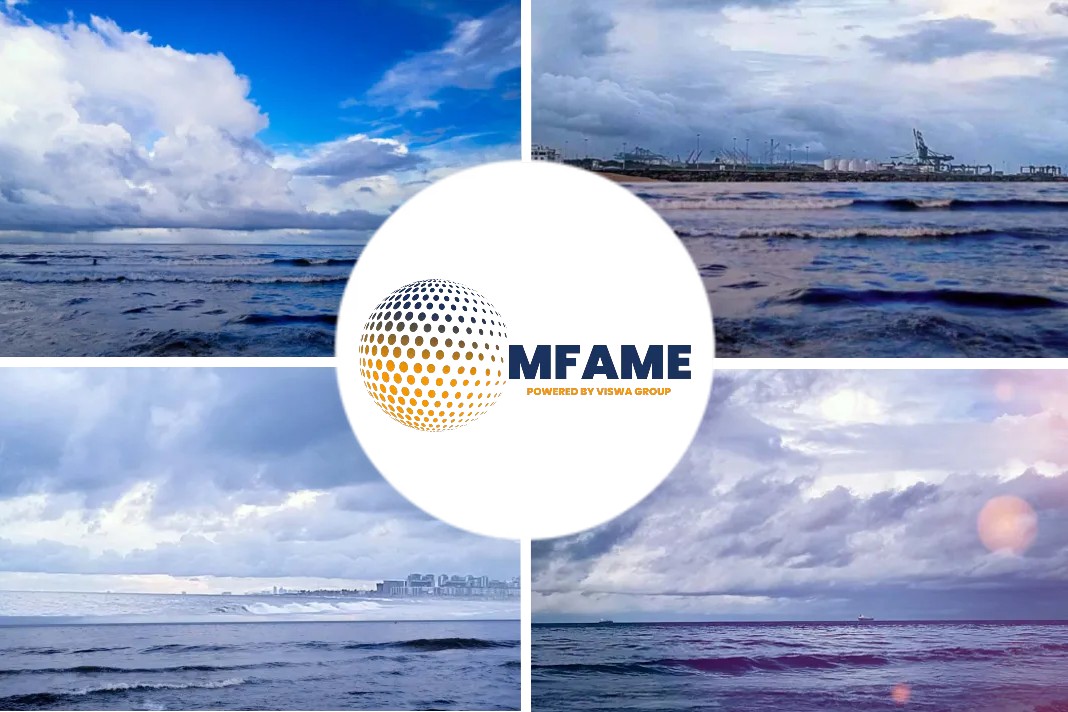According to a Seatrade Maritime News report by Paul Bartlett, the EU isn’t approving IMO certified ship recycling yards in the Indian subcontinent which is making life miserable for global shipowners.
What is it?
Despite the fact that 93 recycling yards in India and Bangladesh have now been validated by major classification societies as compliant with the requirements of the IMO’s Hong Kong Convention even though it has not yet entered force, none have been approved by the European Union (EU).
The bloc’s most recent November 2020 list of approved facilities numbers just nine – eight in Turkey and one in the US – despite 39 applications. However, recycling facilities complying with the IMO’s Hong Kong Convention standards now total 109, according to Dr Anil Sharma, founder and ceo of GMS, the world’s largest cash buyer of end-of-life ships.
Sharma spoke recently at an Immediasea recycling webinar, with other sector participants. In addition to the 92 Indian yards approved under the Hong Kong Convention, there are also 14 in Turkey, two in China, and one in Bangladesh.
Poor Waste Management
The EU cites poor downstream waste management infrastructure and lack of access to nearby emergency health facilities as reasons. However, some observers believe the EU’s stance is politically driven.
Many have applied to the EU to validate their facilities, but are still waiting. Meanwhile, many owners and operators have limited recycling options for end-of-life ships because global ship dismantling capacity is now seriously inadequate.
Hazardous waste?
What many believe is now an absurd situation has arisen because, since 2019, the Basel ban, part of the Basel Convention and the related European Ship Waste Regulation, prevent the export of hazardous waste from OECD countries to non-OECD nations. Under the EU’s Ship Recycling Regulation (SRR), which upholds the Basel ban, European owners’ ships which fly one of the trading bloc’s flags, or which sail from a European port on a final voyage, cannot be recycled at a facility that is not approved under the EU’s SRR.
There are many complex legal and economic arguments. Can a ship that sails under her own power, legally manned, and with a compliant Inventory of Hazardous Materials, technically be categorised as “waste”, for example.
Those who don’t agree highlight recent containerships sold initially for recycling which, following the recent box market boom, were sold on for further trading. They were clearly not “waste”, they say.
Meanwhile, for countries such as Bangladesh, India and Pakistan, which rely on scrap steel, many thousands of workers are gainfully employed both directly and indirectly as a result of ship recycling business.
Bangladesh, without access to iron ore, must use recycled steel to feed its steel mills, Sharma pointed out.
Regulation versus efficient operation
Other presenters were also critical of the EU’s stance. The International Chamber of Shipping’s (ICS) John Stawpert, manager for the organisation’s Environment and Trade, asked whether the trading bloc was more concerned about ensuring the validity of its own regulation, rather than the efficient operation of the global ship recycling business.
Sotiris Raptis, director of the European Community Shipowners’ Associations Maritime and Safety Division, expressed regret that no Indian recycling facilities had yet been approved by the EU. This was despite vast improvements in facilities and working conditions over recent years, he said, supported by classification society approvals.
Petter Heier is chief executive of Grieg Green, a division of the family-owned Grieg group which has overseen the recycling of about 120 vessels. He said that European yards which had tried their hand at recycling had fallen short. “Europe still has a long way to go technically,” he declared.
A Turkish recycler, Ilker Sari of Turkey’s Rota Shipping, commented on EU constraints. More recycling space was needed in Turkey’s recycling region, he said, but of the 22 facilities operating there today, he pointed out that 15 yards had applied for EU validation but only seven had been approved so far.
Now, with an influx of unwanted cruise vessels, vessels were being laid up in regions of the Mediterranean waiting for suitable recycling capacity.
Penalising European owners
The fear is that the EU’s stance, with seeming reluctance to compromise, will penalise European owners through unnecessary barriers. The recycling industry, experts say, is unrecognisable compared with ten years ago, with massive investment in facility upgrades, as evidenced by classification society validation under the Hong Kong Convention.
The EU would like to see end-of-life ships dismantled in European facilities. But sources point out that ship recycling is labour-intensive; there are few existing recycling yards in Europe; and there is a very limited market for scrap steel across the trading bloc.
The issue is likely to loom large in the months ahead. Owners of older vessels face a decision on whether or not to invest in expensive ballast water management systems, for example, to facilitate another few years of trading. They will also face possible future costs relating to compliance with the IMO’s intended Energy Efficiency Existing Ship Index (EEXI) and Carbon Intensity Indicator (CII).
Did you subscribe to our daily newsletter?
It’s Free! Click here to Subscribe!
Source: Seatrade Maritime News
























